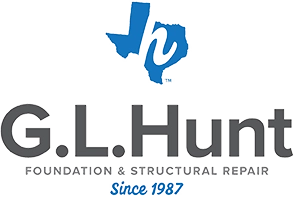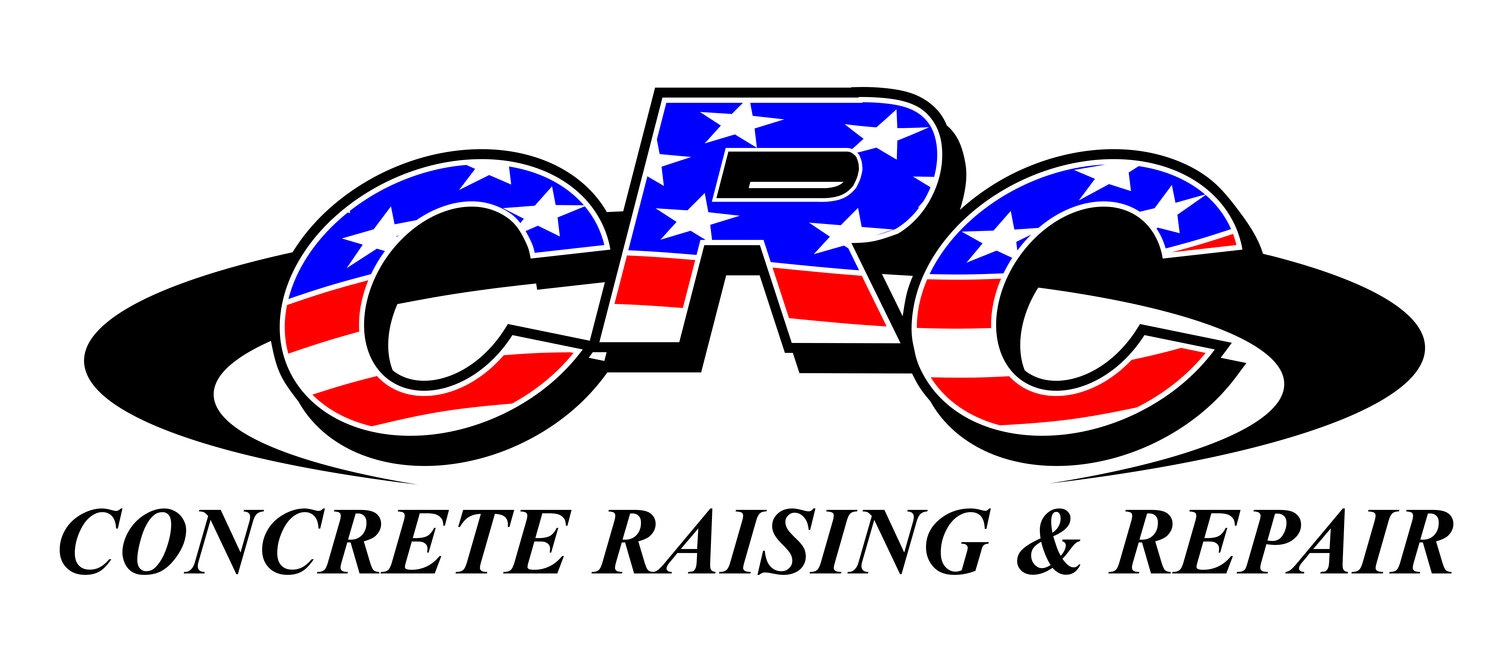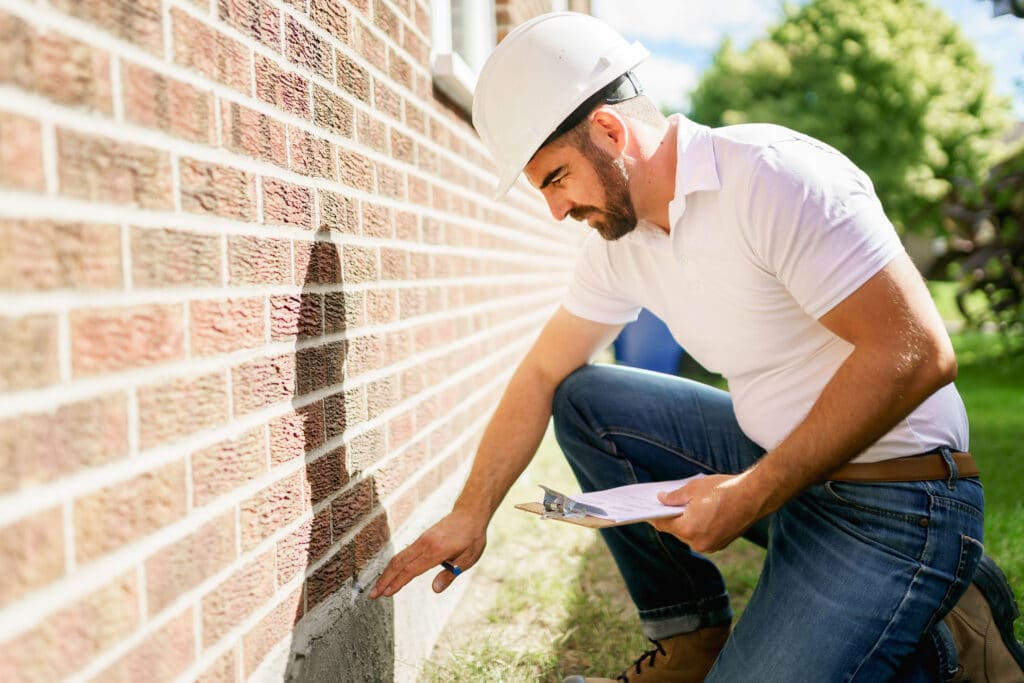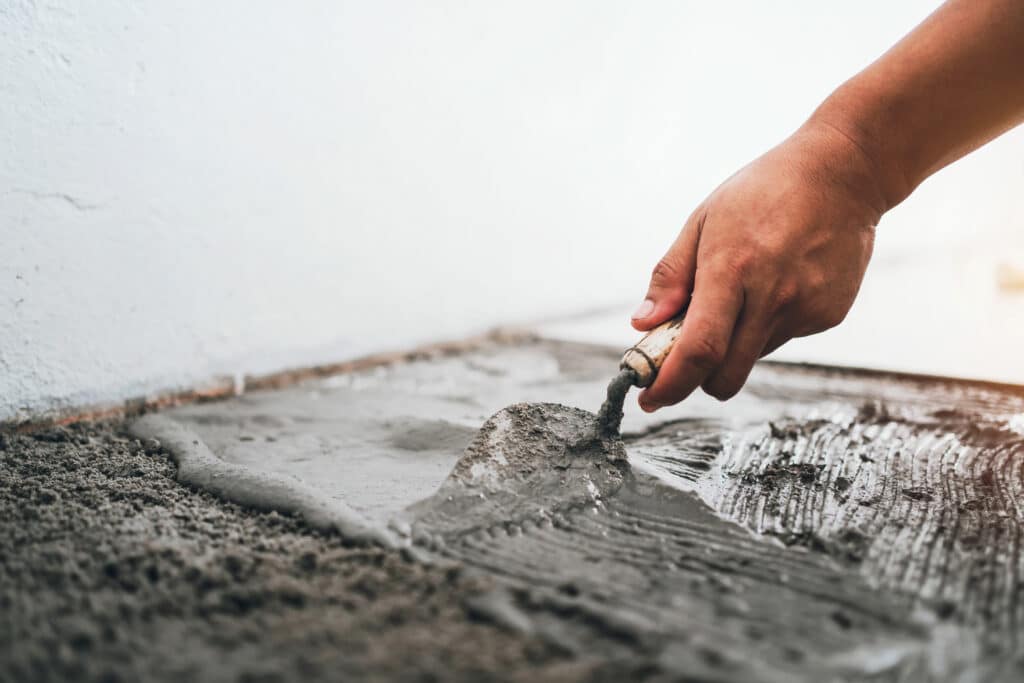Common Causes of Foundation Problems in Austin
Some common reasons why Austin homeowners encounter foundation troubles include:
- Standing water: Pooling water around your home can harm your foundation's integrity, especially when it gathers in areas your gutters don't cover.
- Aging plumbing: While many Austin homes are fairly new, some still use cast-iron plumbing. When the pipes start eroding, leaking water could reach your foundation and even pool beneath it.
- Improper modifications: Landscaping or roofing work that wasn't performed to standard could lead to your foundation settling.
- Tree Roots: Tree roots can encroach on a home's foundation through crevices, and may exert pressure that results in your foundation breaking, pipes leaking, and overall structural deterioration.
How to Choose the Best Foundation Repair Company
Choosing a foundation contractor doesn't have to be difficult. We encourage you to list what you expect most in a provider, then evaluate each provider on your list against these attributes.
Licensing and Experience
In Texas, local governments can choose to require contractor's licenses. Even some major cities do not require licensure to alter or repair foundations. We recommend contacting your local officials to learn more about contractor and building standards. Talk to staff to gain additional insight into a company's experience. You should ask about local inspection processes, permit ordinances and building codes.
One of the most effective ways to evaluate a company's reputation is to visit its website. Look for the company's years in business and what credentials its team holds. Many well-known companies publish educational content for potential customers.
Customer Reviews
When you're researching a company's reputation, check out its Better Business Bureau (BBB) profile. There, you can find its rating and a list of customer reviews, both positive experiences and complaints. Complaints aren't necessarily a red flag in themselves. You want to discover how a company handles them. If the management team proactively and consistently resolves issues, it's a good sign. However, if the company lacks accreditation, has an abundance of negative feedback, and doesn't communicate properly, you should think twice about working with it.
Lastly, we recommend you search additional sites, like Trustpilot and Google, for other reviews.
Foundation Repair Cost in Austin
The price of foundation repair can vary substantially depending on the extent of the issues and what must be fixed. For minor foundation fissures and settling issues, you may pay as little as $1,900. However, if there is considerable deterioration, the average cost is about $3,900. More complex projects requiring digging, helical piers, or major mudjacking could cost $7,200+. Below are the average foundation repair costs for common issues.
| Common Foundation Repair Services | Average Cost |
|---|---|
| Crack Repair | $439 |
| Leak Repair | $3,675 |
| Stabilization | $6,470 |
| Underpinning | $1,678 |
| Waterproofing | $4,074 |
Ready to Get a Quote on Your Foundation Repair Project?
Please enter a valid 5-digit zip code!
Frequently Asked Questions About Foundation Repair in Austin
How much does foundation repair cost in Austin?
What's the time to complete a typical foundation repair job?
Will my homeowners insurance cover foundation repair?
What preventive measures can I take to avoid foundation issues?
- Ensure your home's gutters and downspouts are in good condition and direct water away from your foundation to prevent water accumulation.
- Water the soil around your foundation consistently, especially during dry spells, to prevent expansion and shrinking.
- If possible, grade the soil around your home to slope away from your foundation, encouraging water drainage and minimizing the risk of foundation issues.
- Check your foundation for signs of damage, and repair any issues promptly.
To share feedback or ask a question about this article, send a note to our Reviews Team at reviewsteam@thisoldhousereviews.com.
More Foundation Resources
National Foundation Repair Ranking Methodology
Sources
U.S. Census Bureau (American Communities Survey)
















